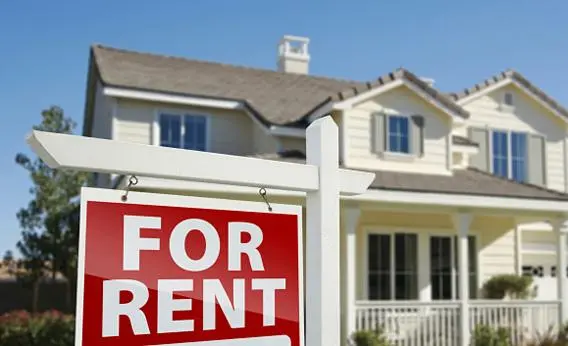California’s new rules on tenant blacklists are unpopular with landlords

California tenants have a new arrow in their quiver: a law to protect them from being unfairly placed on rental blacklists that jeopardize their credit ratings and shut them out of the housing market.
Signed this week by Gov. Jerry Brown, the measure is scheduled to take effect Jan. 1. Unpopular with landlord groups, the bill was a squeaker in the Legislature, narrowly passing through the Assembly in May and the Senate in August.
The measure’s author, Assemblyman David Chiu, D-San Francisco, called it “a commonsense law. In the midst of the worst housing affordability crisis that our state has seen in years, this reform will prevent working families from becoming homeless.”
Supporters of the legislation, Assembly Bill 2819, say it will correct an unjust state of affairs.
Under longstanding California law, records in eviction lawsuits are kept sealed for 60 days after they are filed. On the 61st day, the court clerk looks to see if the tenant has prevailed. If not, the record becomes public — even if there’s been no ruling in the case, and even if the landlord has abandoned the lawsuit.
Tenant-screening companies step in after 60 days to assemble the names of all tenants who haven’t won their cases. The list of names is published, and landlords subscribe to the information. As a result, tenants’ credit can be tarnished for up to seven years, and finding housing often becomes an ordeal.
“Merely the fact that you have been sued, regardless of the outcome, means that you get reported,” said Jith Meganathan, policy advocate in Sacramento for the Western Center on Law and Poverty, one of the bill’s co-sponsors. “And in California’s overheated housing market, if your name appears on one of those lists, you’re not going to get the apartment or rental for which you’ve applied.”
According to Chiu’s office, the number of lawsuits that are unresolved after 60 days is significant. Each year, there are “thousands” of them in the Bay Area, Chiu said, including around 1,400 in Alameda County and 500 in San Francisco. Data for Santa Clara County were not available. And to the south, Los Angeles sees roughly 6,000 unresolved suits a year.
The numbers have swelled since the recession, due to budget cuts, court closures and the resultant congestion of court calendars –- all factors that push many cases beyond the 60-day limit.
“What the new law says,” Meganathan explained, “is that the landlord now has to win within 60 days, or has to win at trial after 60 days, in order for the tenants’ names to be revealed.”
Property owners associations that opposed the bill say they should be entitled to unfiltered information about tenants, including allegations of not paying rent or otherwise being in violation of lease agreements. The new law, they say, creates incentives for tenants to drag out court proceedings.
But Ted Mermin, executive director of the Public Good Law Center in Berkeley, another supporter of the bill, said many innocent tenants suffered under the old law. Some feared fighting unfair evictions, knowing that if they took their cases to court and missed the 60-day deadline, they could be barred from renting new apartments and wind up on the street.
“This new measure,” he said, “is about bringing a little bit of reasonableness, a little bit of fairness, to what already is a very difficult situation –- a very difficult market for renters.”
By RICHARD SCHEININ | [email protected]
PUBLISHED: September 14, 2016 at 3:23 pm | UPDATED: September 15, 2016 at 11:25 am
New law protects California tenants from blacklists
Tierney Law Group specializes in representing landlords in landlord-tenant disputes and litigation, we can be reached by telephone at 925.362.3364 – or by email at [email protected].


